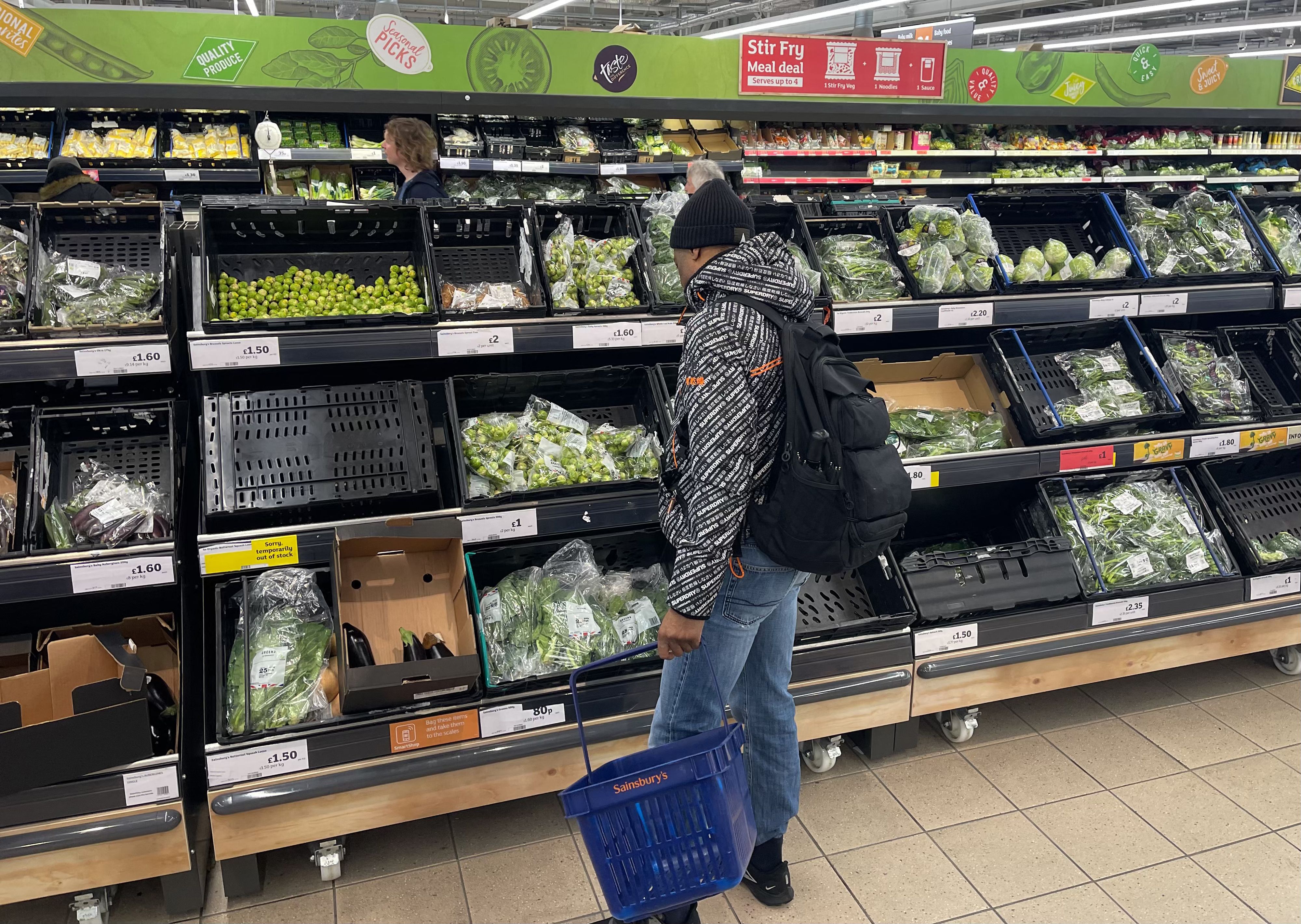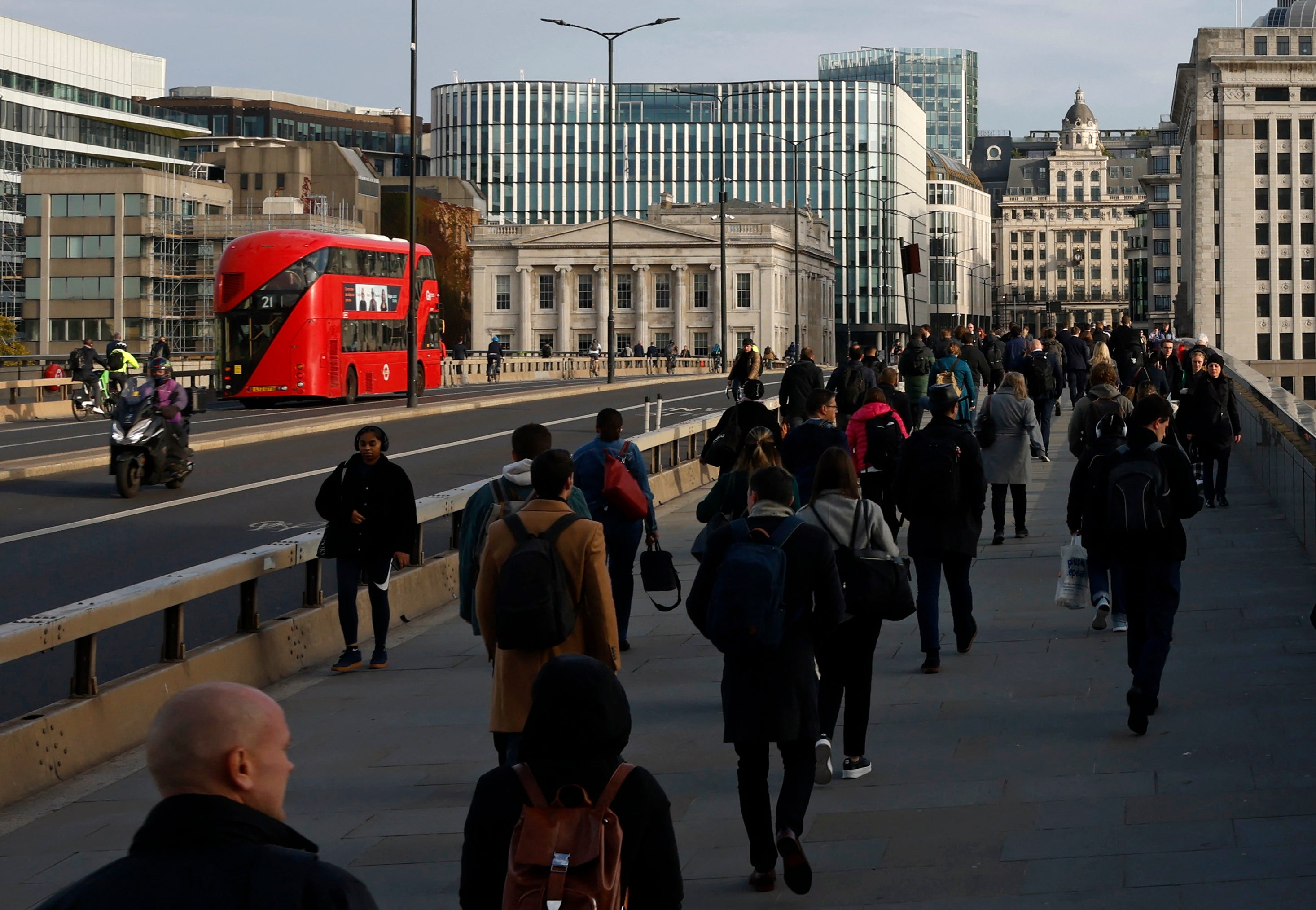Revealed: The true toll of ‘punishing’ 10-year process endured by thousands wanting to settle in the UK
‘This is no way to treat people who have made, and will continue to make, their lives in the UK’

People working in the UK who want to settle here permanently are being forced into financial hardship, mental stress and insecurity, according to a new report into the 10-year immigration route.
An estimated 170,000 people are on the route, which allows foreign nationals to apply for indefinite leave to remain if they’ve been in the UK legally for 10 continuous years.
While on the pathway, people must reapply for leave to remain in the country every 30 months - with fees for adults exceeding £12,800 per person over the ten years. The majority of people on the route do not have access to any state benefits, but support themselves through work - often as care workers, cleaners and nursing assistants.
A new report from the Institute for Public Policy Research, Praxis and Greater Manchester Immigration Aid Unit has found that the majority of those on the route are struggling financially.
62 per cent of people are struggling to meet the costs of their utility bills, according to a snapshot survey of 314 people who are on, or have recently completed, the route to settlement.
57 per cent are struggling with the cost of food, and 43 per cent with housing. The vast majority - 80 per cent - said that their mental health or wellbeing has been negatively impacted by the stress of the 10-year route.
Almost half - 41 per cent - said they were forced to borrow from friends or family to pay for the costs of their application. A third of respondents said that they felt completely insecure in the UK, despite most having already lived in the UK for more than a decade.

Mahmood, a software engineer who lives in Newham, London, told The Independent that he has to put aside around £500 a month to save up for his family’s visa renewal.
He works full time but has had to accept a lower position as a junior-mid level engineer despite being a senior engineer because of his immigration status. He also has to support his wife and two children, aged nine and four.
He said: “The biggest difficulty is getting a permanent full time job in a good position. My visa is only two and a half years and most of the companies need staff for a longer term, to train them, on board them, it takes a long time.
“Recruitment agencies warn me that if my visa extension takes too long then my job might be at risk. This is a constant worry and very frustrating. A big chunk of my salary goes to saving money for the visa extensions, which is around £10,000 application fee for the four of us and legal fees on top. It’s hard to keep up with the rent, food, and children’s travel cards.”
Almost a third of respondents to the survey - 28 per cent - said that the 10-year route has made it harder for them to keep their job and seven per cent said that they had been forced by someone else to do work that they didn’t want to do.
“We are also worried about losing our home if we are put on no recourse to public funds when the visa is renewed. The accommodation we are in is run by the council and it is a big worry that we might lose it,” Mahmood said.
The report recommends that family and private life routes to settlement in the UK are capped at five years maximum. It also calls for the grants of leave to be extended from 30 months to 60 months, to reduce the admin costs of reapplying.

Lucy Mort, senior research fellow at IPPR, said: “This is no way to treat people who have made, and will continue to make, their lives in the UK, who described this as a devastating and punishing process.”
Josephine Whitaker-Yilkmaz, at Praxis, the charity that supported Mahmood, said: “We see every day the effects of the 10-year route to settlement amongst the people we work with. Individuals and families are left struggling to make ends meet, and dealing with crippling stress and anxiety. They also face a high risk of becoming undocumented.”
A Home Office spokesperson said: “We are proud to uphold the human rights settlement route for family members wishing to join their family in the UK.
“These rules are designed to ensure financial independence, encourage integration and tackle immigration abuse. Fee waivers are available for certain specified human rights applications, as well as for applications for children seeking to register as a British citizen.”






Join our commenting forum
Join thought-provoking conversations, follow other Independent readers and see their replies
Comments